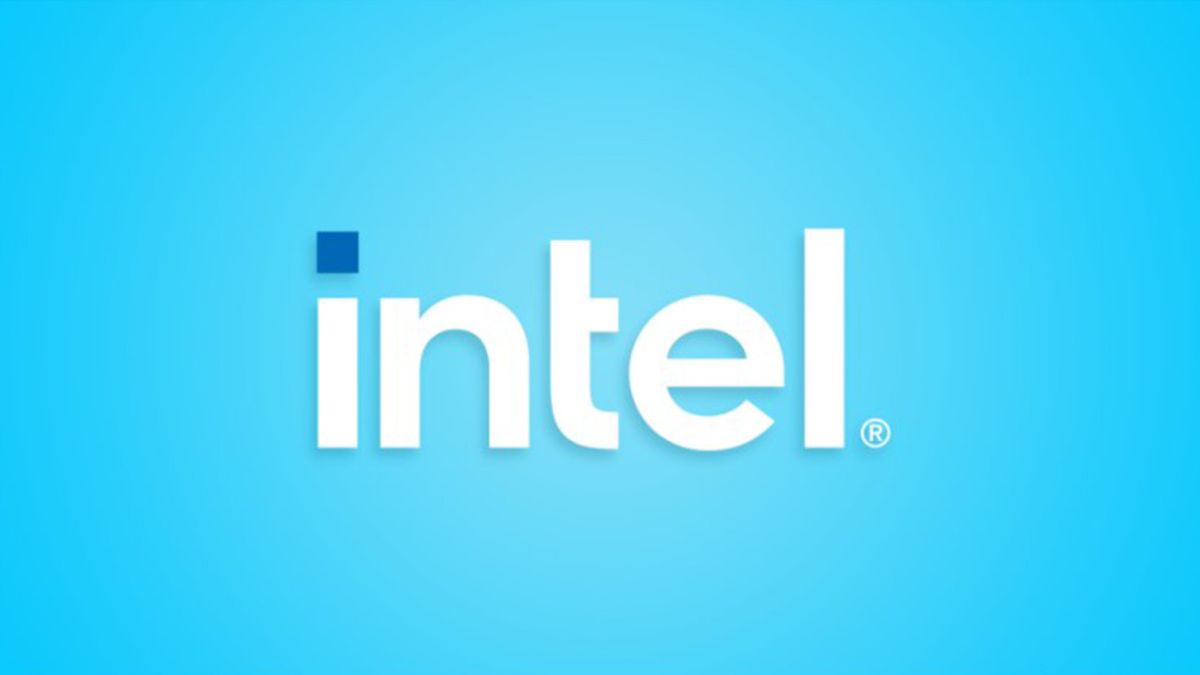Intel and AMD have a colourful history, they have been arguing since the late 1970's, both feel that the other has done them wrong.
Intel was founded in 1968 by Robert Moore.
AMD was founded by Jerry Sanders in 1969.
Both came from the Fairchild Semi Conductor Company, they knew eachother, they were collogues.
In 1978, i think it was, Intel created X86, for all sorts of complicated reasons this was the start of the modern processor, before this you had far more simple logic possessors that you needed a PHD in computing science to use, AMD was the leading firm making those at the time.
IBM saw the potential in X86 and commissioned Intel to proved X86 chips for the "IBM PC" the Personal Computer as we know it today was born, however IBM was worried about supply and stipulated that Intel must also source manufacturing from AMD, at the time AMD had the worlds second largest fabs (yes that's right AMD weren't supply constrained, they were huge) this meant licensing X86 to AMD, which Intel did.
However AMD never received any orders from Intel, so far as Intel was concerned why should AMD benefit from our invention? Fair enough, eventually AMD reversed engineered Intel's chips and made their own anyway, Intel was more than a little annoyed about this. especially given that by the 1990's AMD's X86 designs were surpassing Intel's.
Eventually, by the mid 2000's AMD's X86 licensing was to expire, AMD created X64, or AMD64 and tagged that on to X86, creating X86_64, 64Bit computing in 2003, it was a huge success, data-centres bought in to it like it was free confectionery, Intel tried to combat AMD64 by creating their own X64, Itainium, it didn't work, Large, hot, slow, flawed. Intel was forced to adopt AMD's X64. that forced a cross licensing agreement that stands to this day.
Shortly after that AMD's market share hit parity with Intel.
That is the moment when Intel started paying people not to use AMD's CPU's, it caused a lot of damage, AMD went from selling at least as many CPU's as Intel to selling almost nothing virtually overnight. That along with the 2008 financial crash left AMD teetering on the brink of bankruptcy by 2012 to 2017.
One could argue AMD were situationally lucky in the 1980's and 1990's, sure i would not argue with that, but AMD have contributed more than enough of their own innovations over the decades to justify their existence in the X86 space, and still do, get over it Intel.





